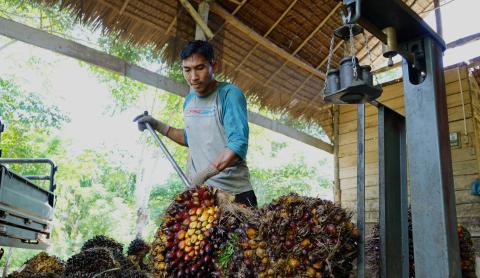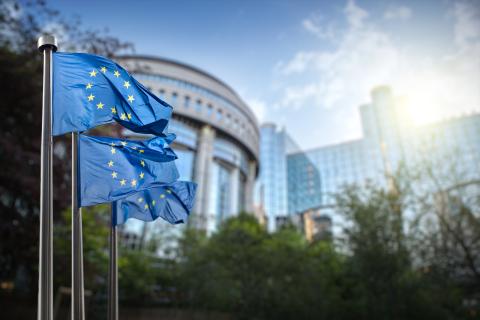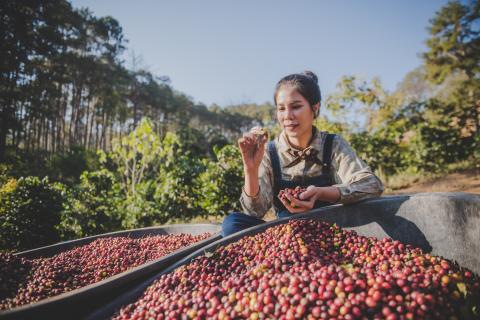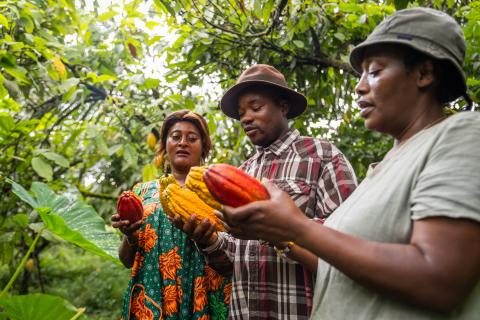How to mitigate risks when sourcing wood in Russia
The world’s second-largest timber exporter may seem a challenge to businesses looking for a new and risk-free supply of sustainable wood. However, there are efficient ways of mitigating potential risks.
Russia's forestry legislation has been tightened, the federal government has invested in new traceability tools, and databases and border policing have been strengthened.
Much has happened to reduce potential risks to sustainability and legality in the world’s second-largest timber nation. And with certification creating a more sustainable supply of wood, from Moscow to Vladivostok, sourcing risk-free timber from Russian suppliers is a great deal easier than five years ago.
However, although risks may have been reduced, European companies looking east should still take a number of precautions to ensure they are in line with the EU Timber Regulation (EUTR), including carrying out thorough due diligence.
What are the risks?
It has become harder to generalise specific risks to all of Russia, but there are still a number of issues that companies should be looking out for.
“The risks are very different from region to region, and what is a problem in the Far East may not be an issue in European Russia any longer,” said Mikhail Rai, lead auditor for Preferred by Nature.
Salvage logging is a perfectly normal way to avoid damage from wind, fire and the spread of pests and fungi, but it can also be used as an alibi to harvest larger volumes of timber than is necessary.
Illegally harvested wood can be mixed into a shipment of legal wood, and when many sources and complex supply chains are involved, the risk of ‘mixing’ may increase, says Mikhail Rai.
At a forest management level, some of the more common risks include issues related to Health & Safety, Timber Harvesting Regulation and Environmental Requirements.
“In the forest, burning waste, not using the right equipment for such activities or lack of implementation is easier to hide. Without field visits, it is very difficult to check if the practices are okay,” said Mikhail Rai.
How to mitigate them
Certified timber is becoming increasingly common in Russia, which has grown to become one of the world’s largest providers of FSC certified timber within a relatively few years. Certification is one of the best tools to ensure that timber is grown, harvested and sold in a sustainable way, says Mikhail Rai.
“Certification ensures that sites will be visited on a regular basis by auditors knowing what they are looking for. And it means the certificate holders have to implement measures to keep in line with legal requirements,” said Mikhail Rai.
When placing timber from Russia on the European market, the EUTR requires you to set up a robust Due Diligence System (DDS) – The DDS will help you ask all the right questions and document your supply chain every step of the way.
With certified sources, field visits are part of the package. However, your company can also choose to carry out field visits to suppliers - but have in mind that auditors working for the EUTR Monitoring Organisations are trained experts.
According to Mikhail Rai, companies should avoid complex supply chains and use available governmental and NGO databases to check the background of their suppliers.
Finally, the Sourcing Hub provides free open-source information and a Risk Assessment on Russia.
---------------------------------------------------------------------------------------------------------------
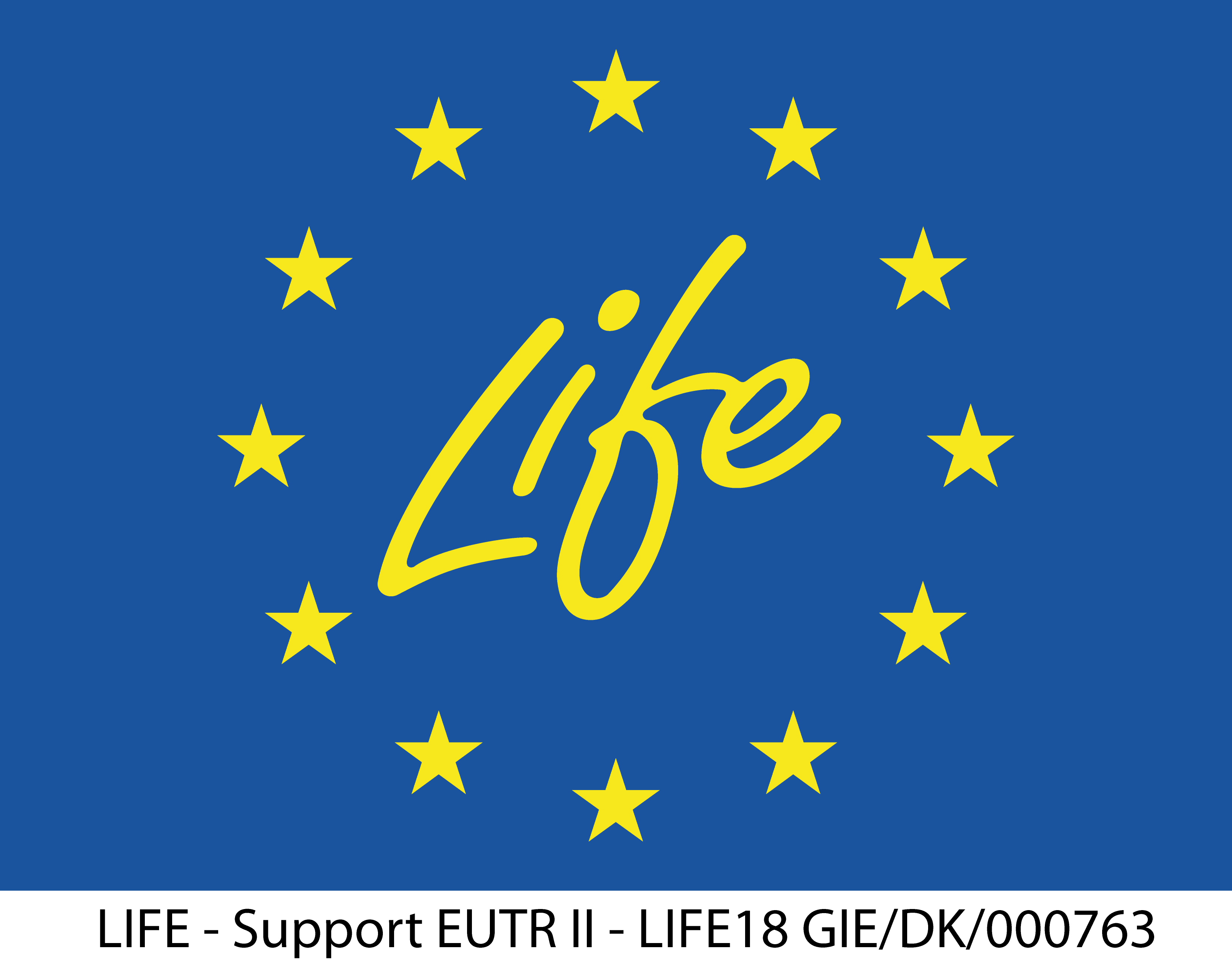 The European Commission (donor) is not responsible for any claims or views presented in this material. The European Commission's support for the production of this publication does not constitute endorsement of the contents which reflect the views only of the authors, and the Commission cannot be held responsible for any use which may be made of information contained therein.
The European Commission (donor) is not responsible for any claims or views presented in this material. The European Commission's support for the production of this publication does not constitute endorsement of the contents which reflect the views only of the authors, and the Commission cannot be held responsible for any use which may be made of information contained therein.
